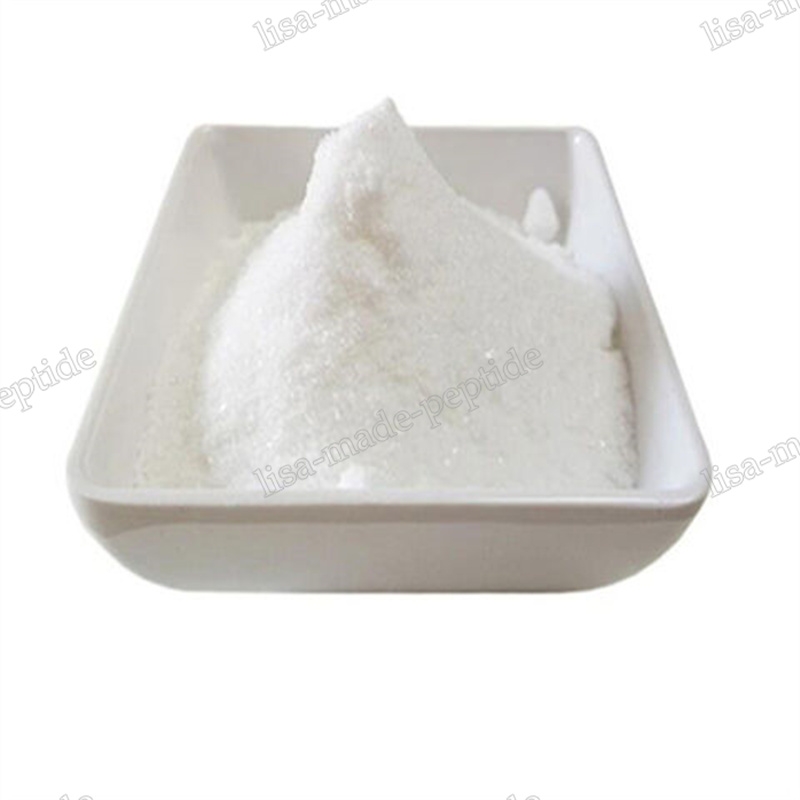-
Categories
-
Pharmaceutical Intermediates
-
Active Pharmaceutical Ingredients
-
Food Additives
- Industrial Coatings
- Agrochemicals
- Dyes and Pigments
- Surfactant
- Flavors and Fragrances
- Chemical Reagents
- Catalyst and Auxiliary
- Natural Products
- Inorganic Chemistry
-
Organic Chemistry
-
Biochemical Engineering
- Analytical Chemistry
-
Cosmetic Ingredient
- Water Treatment Chemical
-
Pharmaceutical Intermediates
Promotion
ECHEMI Mall
Wholesale
Weekly Price
Exhibition
News
-
Trade Service
At present, due to the shortage of resources and the pressure of environmental protection, all over the world have focused on the circular economy of waste resource recycling, and recycled environmentally friendly materials are undoubtedly a global trend
.
Nowadays, most countries, especially developed countries, basically have mature chemical regulations and waste regulations to jointly promote and control the safe circulation of recycled substances, and compliance and safety
issues still need to be considered when such substances are re-entered into the market.
Recently, the EU Enforcement Forum published the results of its enforcement review of substances recovered from waste, which is the first time that the Enforcement Forum has explored the interface
between the EU REACH Regulation and the Waste Framework Directive (WFD).
The review focused on EU REACH exemptions and found that 26% of the substances tested did not meet EU REACH compliance
.
According to Article 2(7)(d) of the EU REACH Regulation, a recovered substance is exempt from EU REACH registration
if it is the same substance as the registered substance and has the Safety Data Sheets (SDSs) required by Article 31 or Article 32 of the Regulation or the information transmitted to the downstream supply chain.
EU Enforcement Review Findings:
The report shows that the project team collected 107 questionnaires submitted by inspectors from 11 countries and reviewed 46 eligible cases to determine whether substances recovered from waste qualify for EU REACH exemption registration
.
To this end, the review was conducted from two aspects:
(1) Whether the recycled substance and the registered substance are the same;
(2) Whether there is information
on safe use.
The results showed that in 26% of cases, the determination of substance identity was not met due to no or insufficient analytical data, incorrect EC/CAS number, or erroneous conclusions based on the name of UVCB
.
On the other hand, 96% of the cases met the requirements for the Article II exemption and provided relevant information
.
However, inspections of SDSs show that 37% of cases do not comply with the main requirements
of the EU CLP Regulation on classification, labelling and packaging.
Issues to focus on:
In addition to this, other issues
that require the attention of the legislative branch were identified in the project.
First, under the above exemption clause, only the first enterprise producing recycled substances may need to register, and subsequent enterprises producing the same recycled substances can be exempted from the registration by claiming to be the same as a registered substance, making the burden of registration only on the first enterprise
.
Then, if a recovered substance is registered as an intermediate, subsequent exempt manufacturers do not need to conduct a chemical safety assessment for the substance, which could lead to the recycled substance being "legally" used for other uses
with little information about safe use.
In addition, it is also found that there are difficulties in determining the identity of UVCB substances, especially for some petroleum substances, and the raw materials and processes of the recovered substances are obviously different from the original substances, and how to prove the identity with the registered substances will be a great challenge
.
Most of the inspectors gave written rectification suggestions for violations found in the pilot projects, and some took measures
such as fines or administrative penalties.
In view of the problems exposed in the pilot project, the enforcement review of compliance with recycled substances will be more stringent in the future, and the relevant regulations and guidelines will be further revised and improved
.







